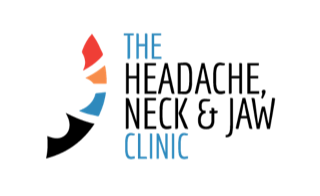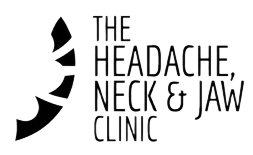It’s likely you have heard of it, met someone going through it or experienced it yourself. Whiplash is the most common injury sustained from motor vehicle accidents. However, this injury is not limited to car crashes alone. Whiplash can be sustained during any rapid back-and-forth movement of the neck, like the snapping of a whip. An incident like this could occur from falling and hitting your head, sports accidents or simply riding a roller coaster. Subsequent injuries may also take place from excessive load and tension placed on ligaments, muscles, nerves and joints of the neck.

Symptoms associated with this injury typically involve neck stiffness and pain, however an array of other symptoms can be described; such as:
· Dizziness
· Impaired balance
· Arm pain
· Pins and needles
· Difficulty focusing
· Tinnitus
The likelihood of developing these above symptoms do not always correlate with the severity of the whiplash injury and are in fact highly variable amongst individuals. In addition to symptoms, recovery time also varies person to person. Some people may experience a rapid recovery whereas others may persist with pain and other symptoms for months or years. Although we cannot predict the trajectory of a whiplash condition, several existing factors can contribute to the injury’s outcome.
Some of which including:
· Already existing neck and back pain
· Old age
· Previous whiplash injury
So how do you tell whether you need help?

If you have experienced or been diagnosed with a whiplash injury it is perfectly acceptable to see a physiotherapist. Physiotherapists have the capacity to rule out fractures whilst also determining whether further investigations are needed. The severity of your injury can be determined with a detailed interview and physical assessment of range of movement, strength, balance and identifying functional limitations.
Going forth, your physiotherapist will be able to establish a treatment plan which will often include education about your condition and strategies to maintain an active lifestyle. Additionally, evidence-based hands on whiplash treatment and exercise will be utilised to reduce pain and promote movement.
Due to the varying levels of whiplash presentations some patients may need additional support from other professions, including psychological and medical. Physiotherapy is most effective when used in conjunction with appropriate medical care and psychological support.
For some people the road to recovery can be a slow and daunting process filled with many ups and downs. However, with thorough screening and individual tailored treatment, most people can make significant improvements.
Contact the Headache Neck and Jaw Clinic to book an appointment with one of our expert neck and whiplash physiotherapists.

Scott Cook, a highly respected physiotherapist and co-founder of The Headache, Neck & Jaw Clinic, specialises in treating headache, neck, and jaw conditions. Scott refined his expertise through extensive training, including advanced certification with the Watson Headache® Institute and a mini residency in TMD and sleep medicine.
He collaborates closely with dental and medical specialists and lectures at prestigious institutions like the University of Queensland and Griffith University. Scott’s dedication is evidenced through his academic contributions, including authoring a chapter on pain referral in a clinical manual on dental and orofacial pain. You can read more about my background, here.

